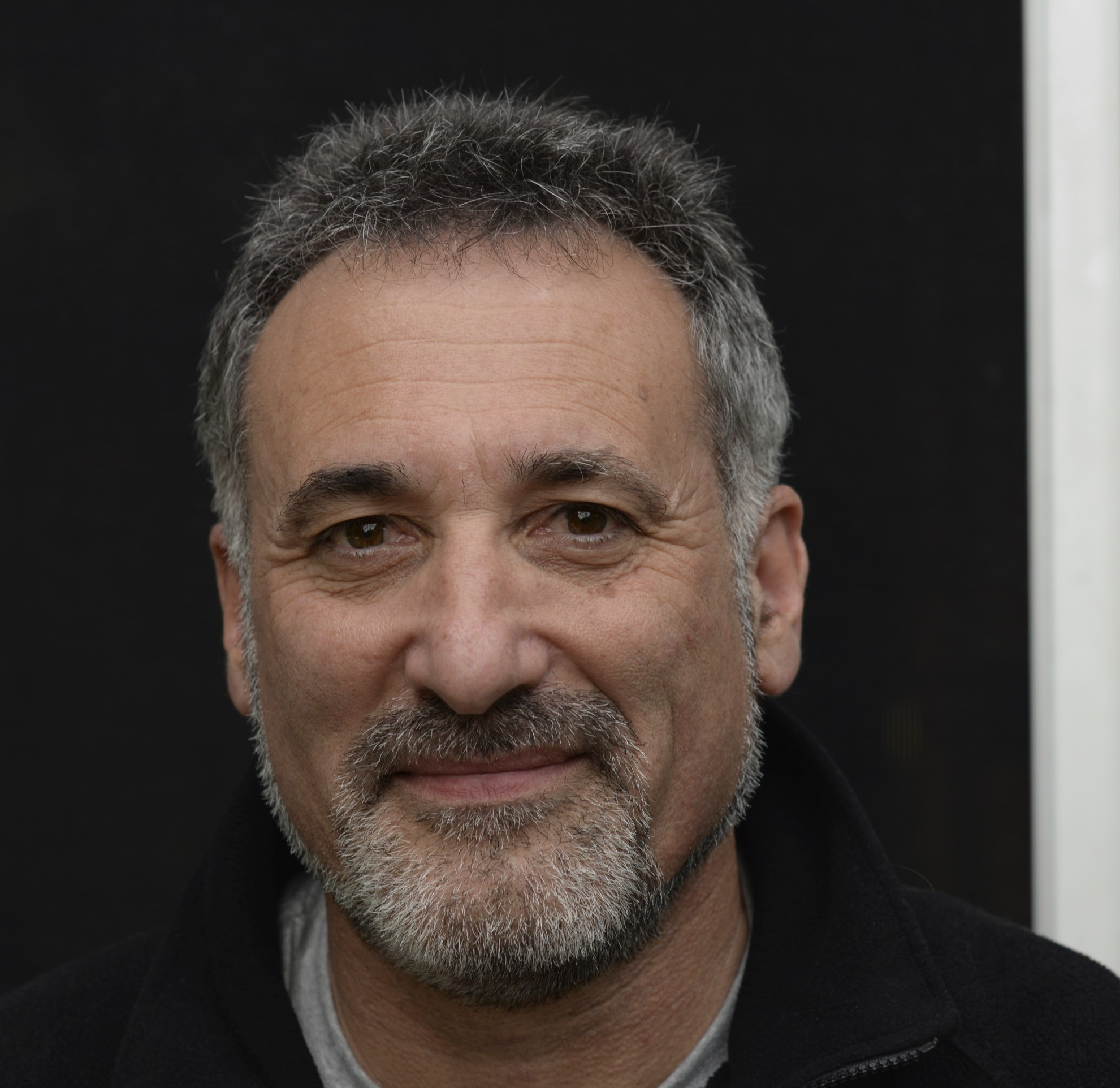Monday, June 2, 2008
A Classical Acupuncturist is trained to look at you as a whole person, regardless of what ‘malady’ brings you to the clinic. In the world of Classical Acupuncture, it is rare that even the seemingly simplest musculoskeletal problem is not tied in with a much bigger picture that needs addressing.
Imagine this scenario. There is blue smoke billowing out of your car’s tailpipe. You take it to the garage. The mechanic has a look and says you need a new tailpipe. You would probably never go back to that mechanic again! And cars are just simple cause-and-effect mechanical things. Your body is much more complex. Yet when we have a sore shoulder or knee, we think the problem is just in our shoulder or our knee, and that is where we expect the health care system to focus. We engage with what is called a negatively reinforcing feedback loop We want our doctor to behave like the mechanic we would never go back to! ‘Just replace the tailpipe doc.’ The healthcare system responds by reinforcing the fragmented view we have of ourselves. Pain is treated with painkillers. Musculoskeletal problems are referred to physiotherapy or the orthopaedic surgeon and digestive distress is referred to the gastroenterologist. And round and round we go.
If you have big icicles forming every day of January off the eaves of your house, you could just keep knocking the icicles off. But you know the problem is the lack of insulation in your roof.
No matter how seemingly simple your ‘complaint’ is, a classically trained acupuncturist always takes a big step back and looks at the big picture, YOUR big picture. In Classical Acupuncture, there is rarely such a thing as an isolated symptom.
Consider the following example. A 45 year old man, lets call him Fred, comes to the clinic complaining of 3 month old right elbow pain (what is routinely called ‘tennis elbow’ or ‘lateral epicondylitis’). He has been for physiotherapy and massage and nothing has helped. He is very overweight, has a loud voice and clearly has a lot of head congestion. Using Japanese diagnostic techniques, I palpate him from head to toe, checking many different reflex zones that give me information about the various systems in his body. I come to the working conclusion that he probably suffers from both a ‘fatty liver’ condition and either gall stones or some kind of bile duct dysfunction. I ask about both and he informs me his doctor recently told him he had fatty deposits on his liver.
In my experience, 90% of the time there is a problem in the elbow, wrist or hand that is not getting better, its because tension in the same-side shoulder is restricting the full and free flow of blood and nerve impulse to that arm (‘neurovascular compression’). The first thing any injury needs anywhere in the body is an unrestricted supply of fresh blood. But even that tight shoulder/neck region is only the beginning of my inquiry. The next question is, ‘why is that area so tight?’ Just massaging and stretching it is not going to be the answer if a ‘deeper’ physiological or anatomical problem underlies the situation.
In this example, Fred’s right elbow is not getting better because Fred’s right neck and shoulder is so tight that blood and nerve signals to his right arm are severely restricted. Fred’s right neck and shoulder is so tight because his Liver and Gall Bladder (anatomically located in the upper right quarter of his torso) are chronically stressed. When organs are stressed or dysfunctional, the adjacent and overlying musculature gets tense.
The good news is that, in Japanese Classical Acupuncture, there are excellent treatments for both ‘Fatty Liver’ and Gall Stones and they really do help. With the right acupuncture treatments, the reflexes improve and even ‘hard’ measurements like liver enzymes respond. So here we are, Fred came to my clinic for elbow pain that just wouldn’t go away (the blue smoke) and I am treating him for fatty liver, gall stones (or bile duct dysfunction of some kind – I do not have the capacity to differentiate there), giving him strongly worded advice to lose weight and also doing local treatments on his shoulder and el
bow at the same time. I am not just replacing the tailpipe. That would be a futile and endless goose chase. I am treating Fred as a whole package, even though the reason he came to me was seemingly simple and ‘minor’.
Increasingly, people are tired of medical fragmentation. Like Fred, they find the medical care they receive from a Classical Acupuncturist awakens a full integration of everything – their stubborn elbow pain, their shoulder and neck tension, their cranky liver and gallbladder, and their understanding of the role of lifestyle factors. For most patients who make full use of this system of healthcare, that is a truly engaging and rewarding experience.

